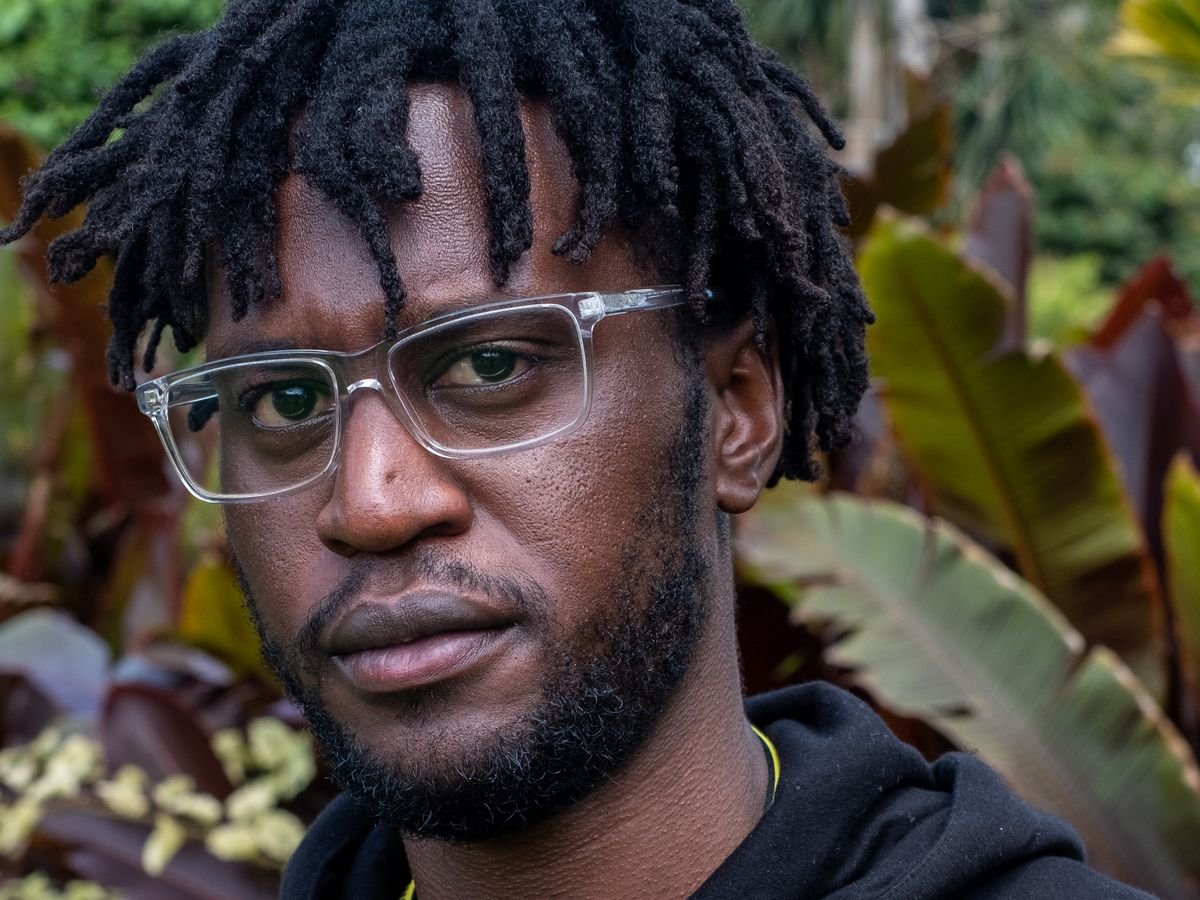Qatar is very content with how their World Cup tournament is going so far. The Qatari government has even said that they would like to see if it’s possible to host the Olympic Games of 2036. But not everyone is as excited about another big sporting event in the gulf country.
Qatar, for instance, heavily depends on migrant workers in sectors all across its workfield. But these migrant workers are treated poorly, some of them even die when working in construction, domestic work or other sectors. During the World Cup event, El País interviews three Kenyan migrant workers who have worked in Qatar.
Today, Malcolm Bidali, who has worked as a security guard in Qatar, shares his story. El País met with him in a coffee garden in Nairobi, where he often brings his laptop to work on the small human rights organization he has recently set up. Together with Aidah, who worked as a domestic worker in Bahrain, they try to prevent further abuse of migrant workers in gulf countries and the Middle East as a whole.
Bidali, dressed in a hoodie from Hamburg soccer club St. Pauli, is still quite vocal about the position of migrant workers in Qatar. His efforts to raise awareness to human rights violations previously got him in deep trouble. When he was still living in Qatar, he wrote about how he and other migrant workers were mistreated, which led him to get arrested by the Qatari security service. Still, Bidali says he regrets nothing. “I will not be silenced.”
— by Joost Bastmeijer, Nairobi, Kenya
“Before I left for Qatar, I was broke. Financially speaking, but I was also broken mentally. I was unemployed, so I tried to make ends meet with all kinds of side jobs and hustles. Life in Kenya is tough for many people, there is not enough work for everyone and if you don't have connections, you won't get a job anywhere.
When I met up with a childhood friend who had worked in Dubai, he saw that I was completely exhausted. He arranged work for me as a security guard for a company in Qatar's capital, Doha. The two years I worked there were good. I stayed with other migrant workers in a gated residential area. We lived in a big house and could make our own ugali in the kitchen.
After my return to Kenya I left for Qatar again, this time for a different company. Now everything turned out to be very badly arranged. We were put in a labor camp in the industrial area of Doha, which are pretty much the slums or ‘informal settlements’. Living conditions there were appalling. For example, the food was very bad, there was mold on the walls and there were bed bugs living under the mattresses.
We were crammed into four-by-four-foot rooms with six men, leaving almost no space between my bunk bed and the man next to me. I tried to isolate myself at night by keeping a diary about how badly we were treated.
Although it was not originally intended, I have published those texts under a pseudonym on a blog. Among other things, I wrote about how many security guards work twelve-hour days, how we pass out because of the extreme heat in which we have to work. In Qatar, people are literally worked to death.
There is a lot of talk about the number of guest workers who have died. Are there six thousand or ten thousand? I then say: how many people have to die before you care? Is one life lost because of negligence not enough for you?
One day I wrote a critical blog about the former first lady of Qatar. I didn’t know this at the time, but it apparently had put me on the radar of the Qatari security services. A few days later, my phone was hacked after I opened a strange-looking link, revealing my identity to the authorities.
I was arrested and thrown into solitary confinement, and a month of interrogations followed. I had no contact with the outside world and was not given a lawyer. I was very scared; everyone knows what happened to Jamal Khashoggi. There were three different occasions on which I was sure they were going to kill me. I was only released when human rights organizations put pressure on me.
But I will not be silenced. Now I’m back in Kenya, I have set up an organization called Migrant Defenders, to help other migrant workers and step up for their rights. If we can empower them and educate them about their position, we can work together as one group and stand up for our rights. We are focusing on all countries in the Middle East, as human rights violations also happen in other places than Qatar.
I like football, so I do watch the World Cup in Qatar. It depends on which team is playing, though. There's no point in boycotting the event - do you think Qatar will lose any sleep if they miss out on money? Governments still do business with Qatar. Only they can bring real change.
It’s mentally difficult for me to watch a match played in a stadium built by someone who has not been paid, who has been away from his family for five years, who has been discriminated against or who may even have died during construction. Because that's the reality: there's blood on the stadiums you see on TV.”
This interview has been published by de Volkskrant and El País.
